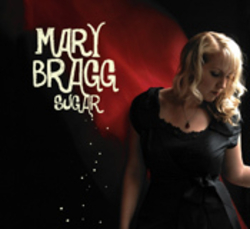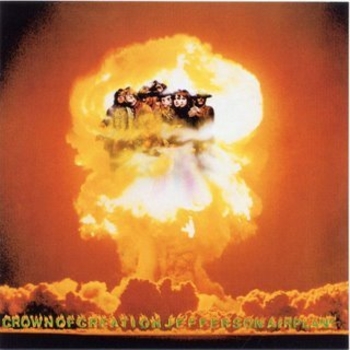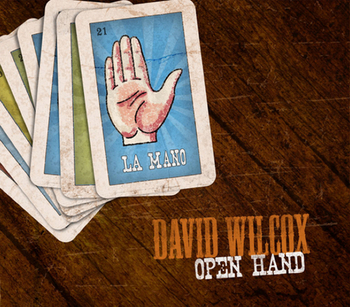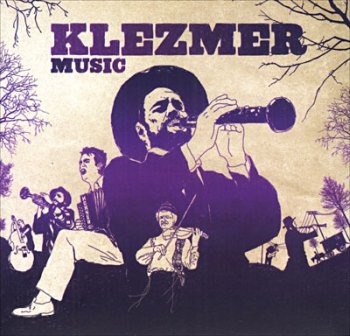
[purchase]
The album is called Sugar. It comes from a line in the song Sweet Skin. But Sugar could just as easily refer to the sweetness of Mary Bragg’s voice. She reminds me of Alison Krauss. Sugar could also refer to love. Give the album a casual listen, and you will here the word love a lot. You will also hear the kinds of melodies that often carry love songs to the top of the pop charts.
But you won’t hear pop arrangements, with swelling strings and oversinging. Bragg gives the songs what they need, and the emotion comes through loud and clear. For strings, she uses one violin and one cello, and not always on the same song. There is electric or stand-up bass, acoustic guitar, electric guitar, some pedal steel, and keyboards. These are used in various combinations, but always in a way that supports Bragg’s voice. Some songs are sweet, acoustic, country-tinged ballads, while others rock out. And Bragg can adjust her vocals to handle it all.
So here, on the surface, is an album of love songs. But it’s not quite that simple. Give a closer listen to the words. Yes, you will find that Bragg is a romantic soul, believing sincerely in the power of love. But you will also find that that love faces sometimes severe tests. I Will Love You sounds like an innocent enough title, but the song tells of a woman whose love survives, despite the suicide of its object. Child tells of a woman’s love for her child in the face of a vicious custody battle. And Sweet Skin is a song of jealousy. Bragg sings all of this in the first person, and I became worried about her. This is too much for any one woman to bear. And I realized that Bragg and her cowriters had accomplished something rare: they had made me care what happened to these women. Fortunately, a line in Bragg’s dedications in the liner notes put my mind somewhat at ease. Bragg says, “To those whose heartache has fueled my inspiration, I hope these songs bring you the peaceful resolution you crave and deserve.” I wouldn’t normally quote from an artist’s dedications at all, but I thought that bore repeating.
There is something of an arc to these songs. Let Me opens the album at the beginning of a relationship, full of optimism. Things go wrong over the next few songs. The Paper Chase comes in the middle, and provides a break. It is not about relationships at all: rather, it is an almost-satire of corporate politics. Musically, the song is a kick, with a jazzy feel. And I love the way Bragg delivers the line, “sumptuous lobster croquettes”. I know that sounds strange, but you need to hear it. Following The Paper Chase, there are three songs that offer a hope of renewal, culminating with So Happy. Here is the flush of first love that comes with a new relationship. And here is the promise that, this time, things will be different, better.
For me, that should have been the end of the album. I badly wanted the happy ending. But, there is one more song. Trying is a nearly despairing tale of a poor couple who are reduced to begging in order to survive. The song is very effective, but I felt like my happy ending had been yanked away. Trying should have been placed in the first half of the album.
I have one other quibble. All through the album, Bragg has taken us inside these women, and told us of the love a woman has for a man and what becomes of it. Then comes Give That Girl. The song is in second person, so we are suddenly outside observers. And the singer says to a man who is neglecting his female lover, “Give that girl to me.” So, is Bragg portraying a male character here? Or, perhaps, a homo- or bi- sexual woman? The affect is somewhat jarring. I like the song, but I found it disorienting.
All told, though, I am impressed. I hope Mary Bragg is working on something new, and I hope she’ll think of me when it’s ready.
Mary Bragg: Sweet Skin
Mary Bragg: I Will Love You













